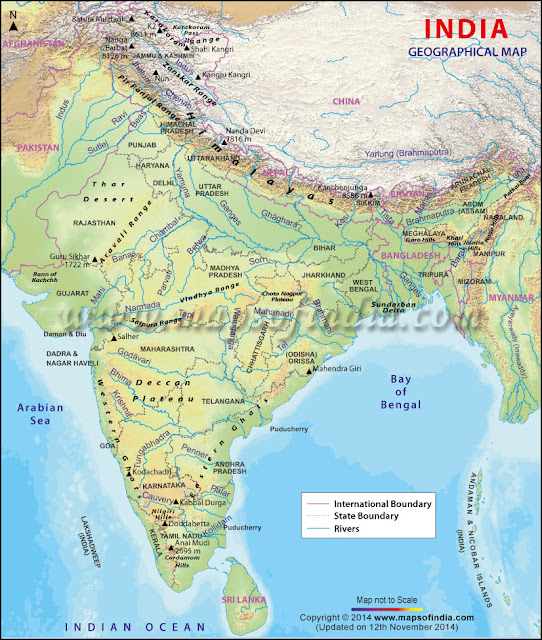Election Commission of India: Composition, Power and Tenure
Election Commission of India: Composition, Power and Tenure
The Constitution of India has an independent and permanent body to ensure free and fair elections in the country. This body is known as the Election Commission. The election commission of India is responsible for holding the Lok Sabha elections in India. In the article 324 of the Indian constitution, it envisages the Election Commission of India (ECI). Election commission makes the election model code of conduct for free and fair elections in the country.
Composition of Election Commission
Article 324 of the Indian Constitution has made the following provisions with regards to the formation of the election commission:
- The President appoints the Chief Election Commissioner and other election commissioners are appointed by the President of India
- When any other EC is so appointed, the Chief Election Commissioner shall act as the Election Commission’s Chairman.
- The President of India can also appoint the regional commissioners in order to assist the Commission. If necessary after consulting with the Election Commission.
- The tenure of office and the conditions of service of all the commissioners shall be decided by the President of the country.
Powers, Functions, and Responsibilities of Election Commission
- EC determines the Electoral Constituencies’ territorial areas in the entire country on the basis of the Delimitation Commission Act of Parliament.
- It Prepares and periodically revises the electoral rolling and registering of all eligible voters.
- Election Commission notifies the schedules and dates of elections and scrutinizing nomination papers.
- Election Commission grants recognition to the various political parties and allocating them election symbols.
- It acts as the court to settle the disputes that concern the granting of recognition to political parties and allocating election symbols to the parties.
- Election Commission appoints officers for the inquiry of disputes concerning electoral arrangements.
- Election Commission determines the code of conduct that is to be followed by the political parties and candidates during elections.
- It prepares a program to publicise the policies of all the political parties on various media like TV and radio during elections.
- Election Commission advises the President on matters concerning the disqualification of MPs.
- Election Commission Advises the Governor on matters concerning the disqualification of MLAs.
- Election Commission holds the power to Cancel polls in case of booth capturing, rigging, violence and other irregularities.
- Election Commission supervises the machinery of elections throughout the country to ensure the conduct of free and fair elections.
- Election Commission advises the President on whether elections can be held in a state that is under the President’s rule, in order to extend the period of emergency after 1 year.
- Election Commission registers political parties and granting them the status of national or state parties (depending on their poll performance).
Tenure of Election Commission
The Chief Election Commissioner and other election commissioners can hold office for 6 years or till the age of 65 years, whichever is earlier. They can resign at any time by addressing the resignation to the President of India. The president of India can also remove any of the commissioners following the procedure provided in the constitution.

Comments
Post a Comment